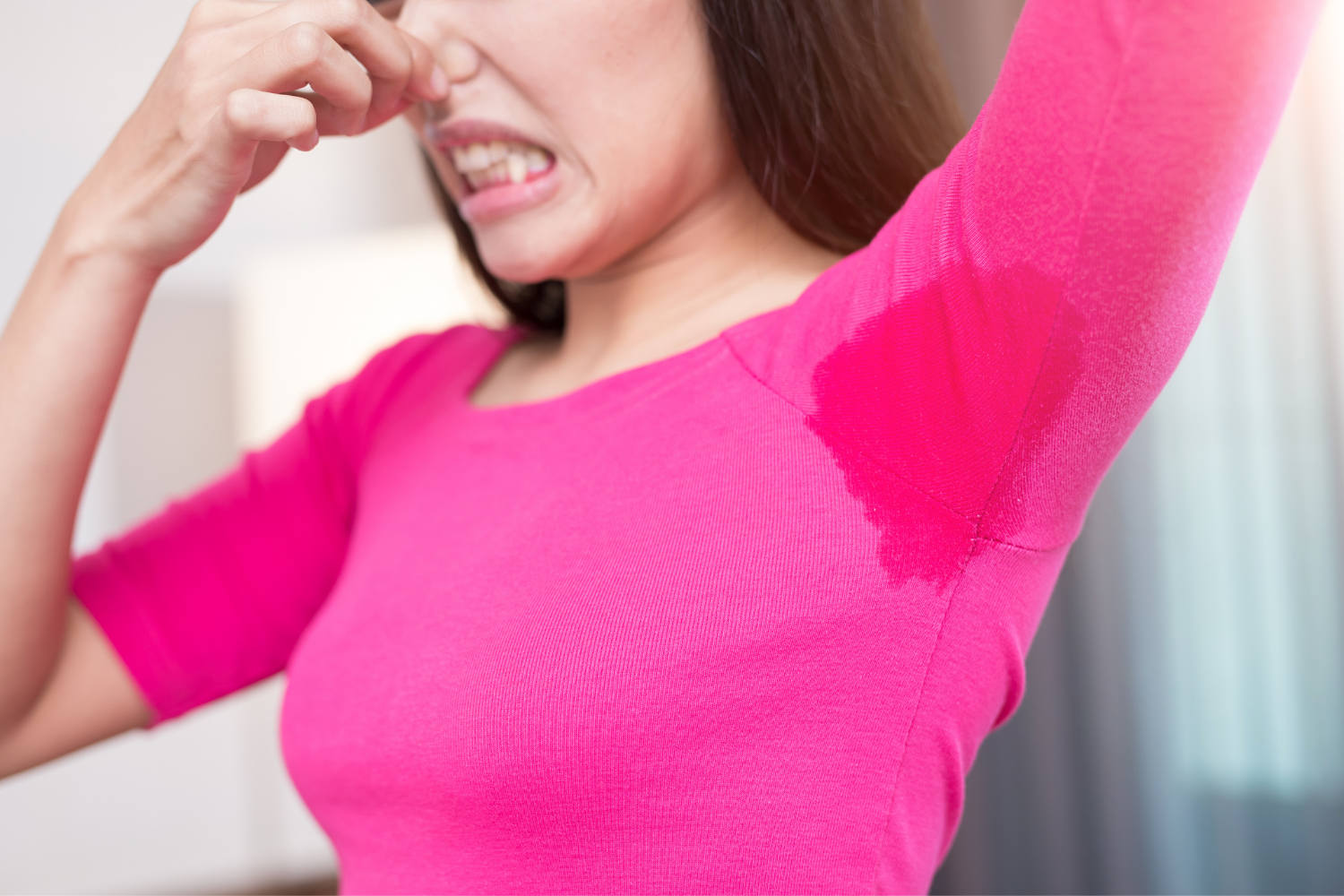Body odor can be a real problem, especially during the summer months when the heat and sweat can amplify the smell. There are a few things you can do to help reduce and combat body odor though. First, make sure you are showering regularly and using an antibacterial soap. This will help to kill the bacteria that cause body odor. You should also try to stay cool and dry as much as possible. Wear loose-fitting clothing made of natural fibers like cotton which will allow your skin to breathe. And if you do start to sweat, be sure to use an antiperspirant or deodorant to help control the smell. If you follow these tips, you should be able to reduce or eliminate body odor.
Next, we’ll discuss some of the home remedies that you can use to combat body odor. These include using vinegar, lemon juice, or baking soda to help control the smell. You can also try applying a paste made of equal parts baking soda and water to your skin. Let it sit for a few minutes before rinsing it off. And finally, you can try using a cotton ball soaked in witch hazel to help control body odor. These are just a few of the many home remedies that you can use to combat body odor. Try out a few and see which one works best for you.
If you are looking for a more permanent solution to body odor, you may want to consider using a product like an underarm sweat shield. These products work by blocking the pores in your skin so that sweat cannot get out. This can help to significantly reduce body odor. There are a number of different brands and styles of underarm sweat shields available on the market, so be sure to shop around and find one that is right for you.
Body odor can be a real problem, but there are things you can do to help control it. Be sure to shower regularly, wear loose-fitting clothing made of natural fibers, and try out some of the home remedies we’ve discussed. If you are looking for a more permanent solution, you may want to consider using an underarm sweat shield. With a little bit of effort, you can eliminate body odor and feel more confident in your appearance.
Without the action of sweating, the human body would not be able to regulate temperature. The body effuses sweat from two types of glands: eccrine and apocrine. Sweat itself does not have an odor, but when the apocrine sweat, made up mostly of water, carbohydrates, fats, and proteins can produce a rather noticeable stench when it starts to be broken down by the naturally occurring bacteria (such as staph) on the skin’s surface.
The type of sweat, eccrine sweat, is produced by the body in volumes greater than a quart per day. This sweat is constituted of mostly water, salts (sodium chloride and potassium), and urea. Eccrine sweat becomes most offensive when certain types of chemicals-from spicy or strongly scented foods, come out of a cell’s pores during sweating.
Combating body odor involved knowing which type of sweat is causing the problem, and how much sweating is being excreted. Since sweating is a natural body process and a necessary one to equilibrate the body’s core temperature, sweating should not necessarily be stifled.
Certain parts of the body should be kept dryer than others; this is because bacteria and fungi can grow in warm moist places. This can not only lead to bad body odor but can produce infections such as staph, athlete’s foot, yeast infections, or even problems with pimples. Washing with a mild antibacterial soap on a daily basis will do much to eliminate offensive body odor. For some people with particularly stubborn personal odor, a scented deodorant soap may be useful.
Foot odor is usually caused by a fungus that likes to grow where the feet are sweatiest-in between the toes and the sole of the foot. A simple solution to this problem is to make sure that feet are thoroughly dried after a shower. Applying a light dusting of powder on the feet before putting on socks can also prevent excessive moisture and associated stench.
Changing the diet may be useful in preventing eccrine sweat from overpowering people’s unsuspecting noses. Things to avoid include onions and garlic. Reducing the amount of alcohol in the diet can also help improve the body’s degree of hydration.
Don’t try to reduce the amount of sweating by trying to take in fewer fluids. A well-hydrated person sweats more effectively than someone who is dehydrated. The more hydrated the body’s cells are, the less likely a person’s sweat will smell like their diet. Foods that are useful in combating body odor include lean beef, yogurt (which contains beneficial bacteria) nuts, green leafy vegetables, and fruits with high natural water content (e.g., melons).
Certainly, the most common way to batter underarm odor is to use a deodorant. Several types are available. Everything from roll-on to spray, gel, and solids. Some even include baking soda, which has the ability to absorb odors from bacteria. Avoid using antiperspirants, which contain certain chemicals that may clog pores, creating an even larger bacterial problem later.



